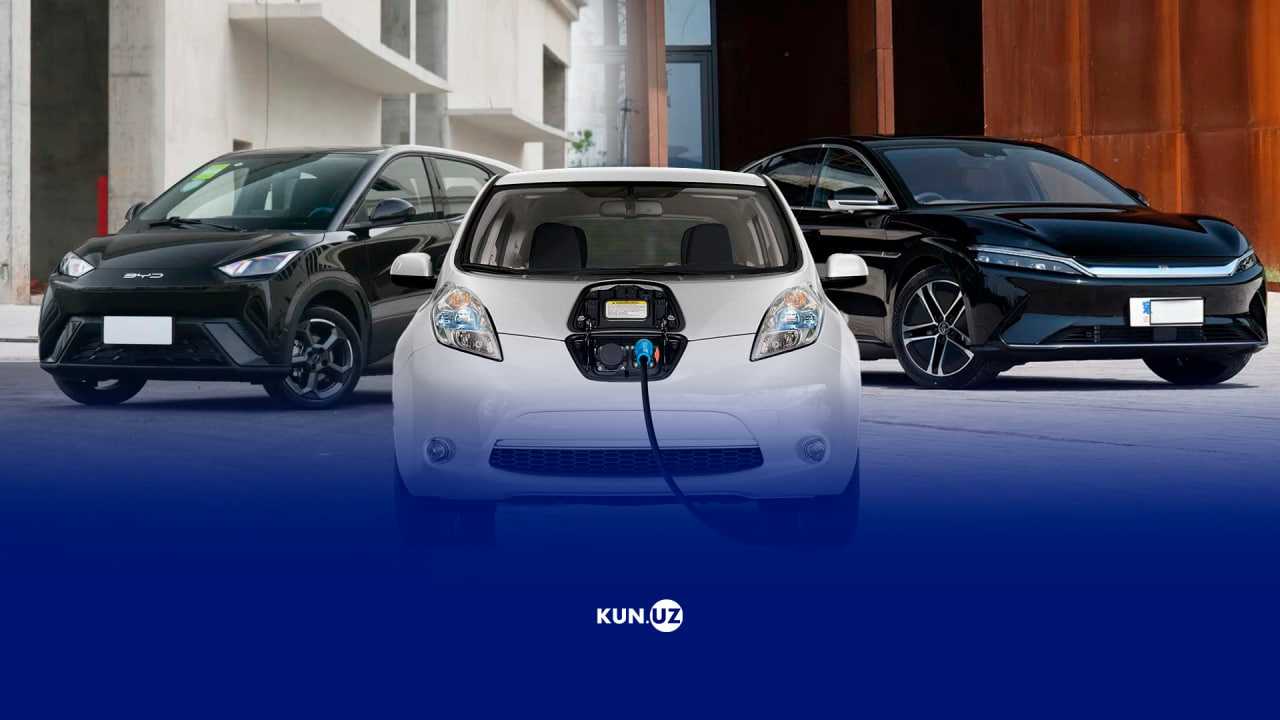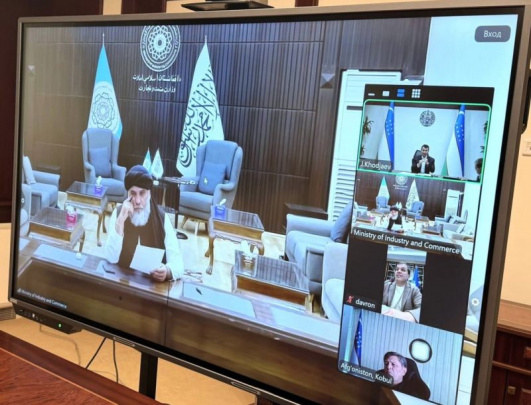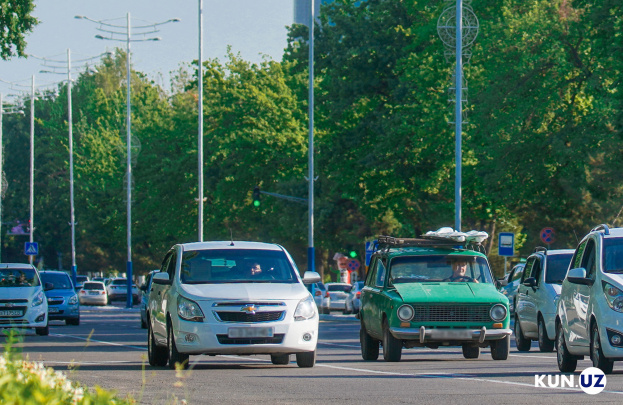BYD’s arrival sparks new restrictions on private EV imports in Uzbekistan
In recent months, Uzbekistan has imposed a series of regulatory measures affecting electric vehicle (EV) imports, coinciding with Chinese automaker BYD's market entry in the country. These new restrictions, which include tightening import certifications and raising related costs, have driven up EV prices for local consumers.

Since the beginning of the year, individual importers have encountered several new challenges, such as heightened certification requirements, increased inspection fees, and the introduction of electromagnetic compatibility testing. These measures have made EVs less affordable for private buyers and have limited market competition.
Uzbekistan’s shifting approach to electric vehicle imports
Uzbekistan initially pursued policies favoring EV imports to address environmental concerns. In 2019, the government abolished import duties and excise taxes on EVs, aiming to promote their use by reducing import costs. However, recent policy changes have placed a significant burden on private EV importers. While the government has maintained zero tariffs to align with World Trade Organization regulations, it has imposed non-tariff barriers specifically targeting privately imported EVs.
In parallel, Uzbekistan has accelerated efforts to promote domestic EV production. The state-owned automotive conglomerate UzAuto Motors partnered with BYD to launch a production facility in Jizzakh, which began assembling EVs in early 2024. The plant, 60% owned by UzAuto Motors and 40% by BYD, assembles electric and hybrid vehicles using a semi-knockdown production model.
Competition and consumer impact
Some industry experts and private importers have raised concerns about the government’s approach, arguing that these barriers limit consumer choice and suppress competition. Earlier in the year, reports emerged that BYD requested Uzbek authorities to restrict the “disorderly” import of BYD vehicles into the country, citing concerns about unregulated imports of models unsuitable for local climate and road conditions. This request was reportedly followed by measures that hindered private importers, despite criticism from local dealers advocating for open-market competition.
While the new regulations ostensibly protect the interests of domestic manufacturers, they have also led to higher prices for both locally assembled and imported EVs. The BYD models assembled in Uzbekistan remain more expensive than the same models imported from abroad by private dealers. The gap has narrowed slightly, primarily due to additional costs imposed on imported models, rather than price reductions on locally assembled units.
Regulatory developments and market reactions
In November, the government introduced additional testing requirements for all imported vehicles, including mandatory electromagnetic compatibility checks for EVs. This test, priced at nearly 6.3 million UZS for EVs, adds further costs and logistical hurdles for private importers. These policies are likely to increase the costs of imported vehicles, disadvantaging independent dealers and limiting affordable EV options for consumers.
In a response to these restrictions, several automotive dealers took to social media in April to protest the measures, using hashtags such as #ErkinRaqobat (Free Competition) to voice concerns. Industry experts argue that these restrictions, combined with the benefits offered to domestic producers, disrupt fair competition and reduce consumers’ ability to choose.
In light of the recent regulatory shifts, KPMG Uzbekistan issued a report highlighting the high import costs, complex certification requirements, and administrative barriers as major challenges for the local automotive market. The report noted that, in some cases, cumulative duties and fees on imported vehicles could exceed 70% of their value, significantly increasing retail prices for consumers.
As the market for EVs continues to evolve, industry stakeholders stress the need for fair competition to improve efficiency and offer consumers a wider range of options. Past experiences have shown that competition leads to reduced prices and broader choices for consumers. For instance, private EV imports had previously pressured the state-owned UzAuto Motors to introduce installment payment plans and discounts, previously unheard of in Uzbekistan’s automotive market.
Uzbekistan’s tightening of EV import regulations highlights a shift from an open-market strategy to one that increasingly favors domestic production, potentially at the expense of market diversity. With further policies anticipated in the coming months, industry observers are keenly watching how these developments will impact consumers and the broader EV market.
Related News

13:11 / 27.02.2026
Uzbekistan seeks to cut $2bn medicine imports and boost domestic production

17:49 / 24.02.2026
Uzbekistan, Afghanistan move to fast-track preferential trade deal

13:39 / 21.02.2026
Uzbekistan’s wheat flour imports drop by over 10 percent in 2025

14:38 / 20.02.2026




